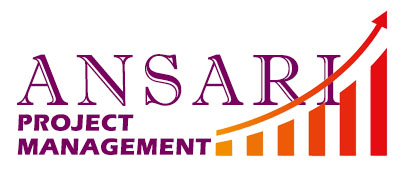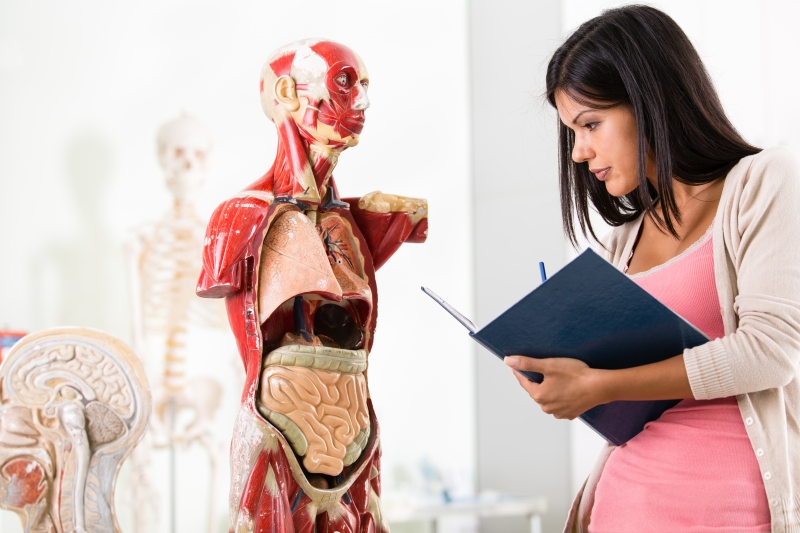1. Why is it important to study the creation of the human body?
Studying the creation of the human body allows us to understand our own existence, appreciate the complexity of our design, and deepen our connection to the divine.
2. How does the Qur'an highlight the wonders of the human body?
The Qur'an mentions various aspects of the human body, such as the creation of Adam, the formation of the fetus, the senses, and the intricate systems within our bodies.
3. How can studying the wonders of the human body in the Qur'an deepen my faith?
Studying the intricacies of the human body in the Qur'an can deepen our awe and appreciation for the Creator's design, reinforcing our faith and strengthening our relationship with Allah.
4. What are some problems related to the human body that studying its creation can help address?
Studying human creation can help address doubts about the purpose of life, conflicts between science and faith, and a lack of appreciation for the value and sanctity of life.
5. How can studying the human body in the Qur'an provide solace during times of illness or physical challenges?
Understanding the delicate balance and design of our bodies can provide comfort and reassurance when facing health issues, reminding us of Allah's mercy and the potential for healing.
6. How can learning about the intricacies of the human body enhance our gratitude and mindfulness?
Studying the human body can cultivate a sense of gratitude for our physical capabilities and a greater awareness of the importance of taking care of our bodies as an act of worship.
7. What can studying the human body in the Qur'an teach us about the sanctity of life?
Studying the creation of the human body emphasizes the divine value placed on human life, promoting respect for life from conception to death and discouraging actions that harm ourselves or others.
8. How can studying human creation from a Qur'anic perspective impact our ethical decision-making?
Learning about the divine design of the human body can guide us in making ethical decisions related to medical interventions, reproductive technologies, and end-of-life care.
9. How does studying the human body in the Qur'an challenge reductionist views of human existence?
Studying the intricacies of the human body helps us recognize the multidimensional nature of human existence, challenging reductionist views that solely attribute our being to biological or evolutionary processes.
10. How can studying the human body in the Qur'an promote unity and respect for diversity?
Understanding that all humans are created with unique physical attributes and capabilities encourages mutual respect and appreciation for the diversity of human beings.

Recognizing the wonders of human creation
11. How can knowledge of the human body and its design enhance our self-care practices?
Studying the human body highlights the importance of maintaining physical and mental well-being, motivating us to engage in healthy lifestyle choices and self-care practices.
12. How can studying the human body in the Qur'an inspire us to pursue knowledge in the medical and scientific fields?
Recognizing the wonders of human creation can spark curiosity and passion for studying medical sciences, genetics, physiology, and other related fields to further explore how our bodies function.
13. How can studying the Qur'anic perspective on human creation promote environmental awareness and conservation efforts?
Understanding the intricate and delicate balance of the human body can foster a deeper appreciation for the environment and the need to preserve it for the well-being of all living beings.
14. How does learning about the human body in the Qur'an challenge societal beauty standards?
Studying the divine design of the human body helps us appreciate the inherent beauty and worth of every individual, shifting the focus from external appearances to the internal qualities and blessings bestowed upon us.
15. How can studying the human body in the Qur'an deepen our understanding of the concept of free will and accountability?
Recognizing the intricacies of our physical and mental faculties can enhance our understanding of the responsibility we have in utilizing these faculties for the greater good and in line with divine guidance.
16. How can understanding human creation from a Qur'anic perspective contribute to our overall well-being and mental health?
Learning about the purposeful design and intricacies of the human body can foster a sense of purpose, meaning, and self-acceptance, promoting improved mental health and a positive self-image.
17. How can studying human creation in the Qur'an lead to a greater sense of humility and awe?
Recognizing the divine wisdom and creativity in the human body promotes humility and fosters a sense of awe towards our Creator, leading to a deeper spiritual connection.
18. How does studying the intricacies of the human body highlight the interconnectedness of all creation?
Understanding the complex interplay of systems and processes within the human body can foster an appreciation for the interconnectedness of all living beings and the broader ecosystem.
19. How can studying the human body in the Qur'an contribute to our understanding of bioethics?
Exploring the Qur'an's teachings on human creation provides a foundation for ethical discussions surrounding issues like genetic engineering, organ transplantation, and assisted reproductive technologies.
20. How can studying the human body in the Qur'an inspire us to honor and preserve the sanctity of life?
Recognizing the divine design and purpose in human creation reinforces our commitment to protecting and valuing all forms of life, from conception to natural death.

Recognizing the intricate design of our bodies
21. How can studying the human body in the Qur'an promote a sense of interconnectedness and empathy towards others?
Understanding that we all share a common origin and are intricately designed by Allah can foster empathy, compassion, and a sense of unity among diverse individuals and communities.
22. How can studying the human body in the Qur'an help us appreciate the concept of "health is a blessing"?
Recognizing the complexities and delicate balance within our bodies can highlight the preciousness of good health and motivate us to protect and maintain it as a divine gift.
23. How does studying the human body in the Qur'an challenge societal attitudes towards disability and foster inclusivity and acceptance?
Understanding that every individual is divinely created and purposeful can promote a more inclusive and accepting society that appreciates the unique capabilities of individuals with disabilities.
24. How can studying the human body in the Qur'an deepen our understanding of the intimate connection between the physical and spiritual dimensions of human existence?
Recognizing the intricate design of our bodies can highlight the interconnectedness of physical and spiritual well-being, emphasizing the importance of nurturing both aspects for a holistic approach to health and fulfillment.
25. How can studying the human body in the Qur'an inspire us to be responsible stewards of our bodies and lead healthier lifestyles?
Realizing the divinely ordained purpose and design of our bodies can motivate us to adopt healthier habits, such as maintaining a balanced diet, exercising regularly, and avoiding harmful substances.
26. How can studying the human body in the Qur'an benefit our parenting and caregiving roles?
Understanding the delicate nature of human creation can guide parents and caregivers in providing a nurturing environment that supports optimal physical, emotional, and spiritual development of children.
27. How can studying the human body in the Qur'an help us overcome body image issues and foster self-acceptance?
Appreciating the wisdom and beauty of our bodies as designed by Allah can contribute to a positive body image and a greater sense of self-acceptance, reducing the negative impacts of societal pressures and unrealistic standards.
28. How can knowledge of the human body in the Qur'an improve our understanding and interpretation of medical findings and advancements?
Integrating Qur'anic wisdom with scientific knowledge can provide a holistic perspective on medical innovations, ethical considerations, and their impact on human health and society.
29. How can studying the human body in the Qur'an help us navigate the ethical dilemmas associated with end-of-life care and assisted dying?
Recognizing the sanctity of human life and the divine wisdom in its creation can guide difficult decision-making processes, ensuring that respect, compassion, and dignity are prioritized.
30. How can studying the human body in the Qur'an deepen our sense of gratitude and worship?
By gaining insight into the intricate design and complexity of our bodies, we can develop a profound sense of gratitude towards Allah, leading to a deeper connection in our acts of worship and devotion.
Dear Visitor; Please take a look at the list of 50 most visited websites in the world wide web: YouTube, Facebook, google, translate, gmail, weather, amazon, Instagram, cricbuzz, Hotmail, wordle, satta king, twitter, yahoo, yandex, sarkari result, Netflix, google maps, yahoo mail, roblox, whatsapp, NBA, BBC news, outlook, pinterest, flipkart, eBay, omegle, live score, tiktok, canva, ipl, premier league, hava durumu, ibomma, walmart, twitch, ikea, shein, linkedin, home depot, e devlet, lottery, snaptik, cricket, serie a, nfl, spotify, fox news, amazon prime; There is no book publishing related or project management website in this list. We are working hard to bring these important issues to the center of concentration of societies. Please introduce us via social media, share our website with others and help us to make our world a better place to live. Best Regards.













Write your review